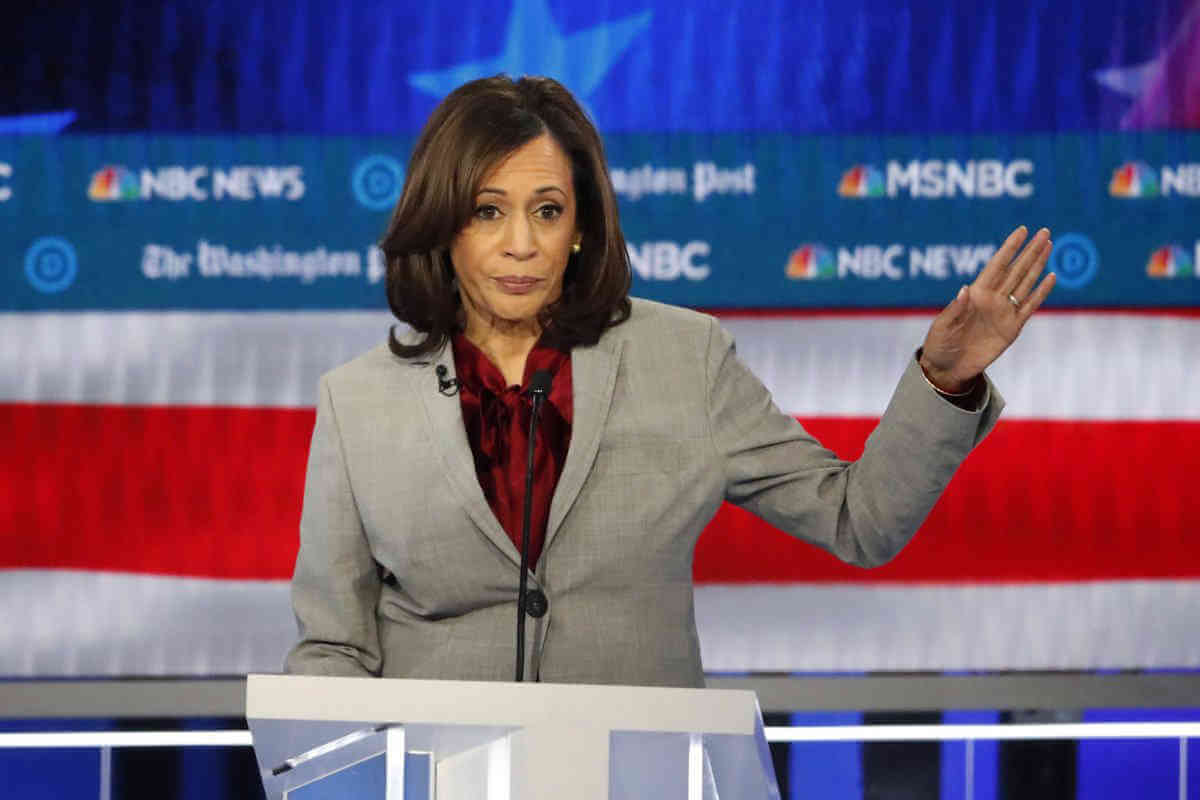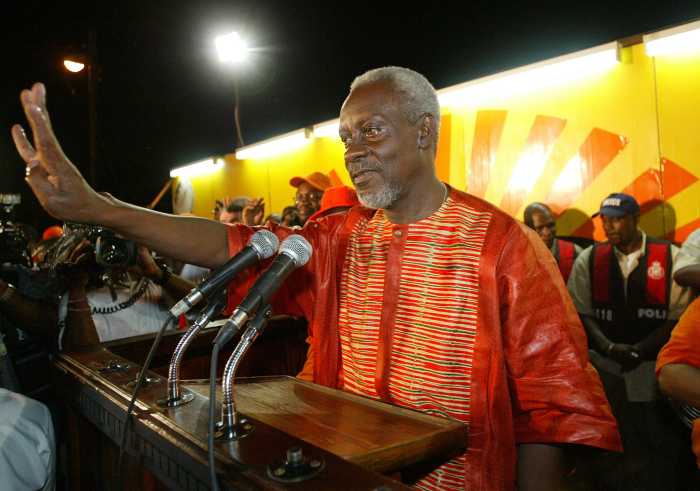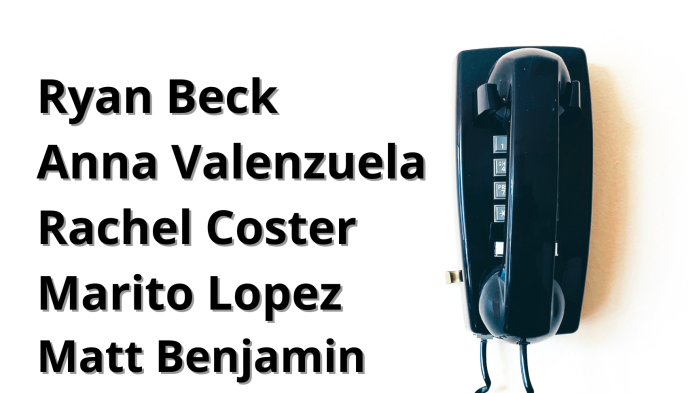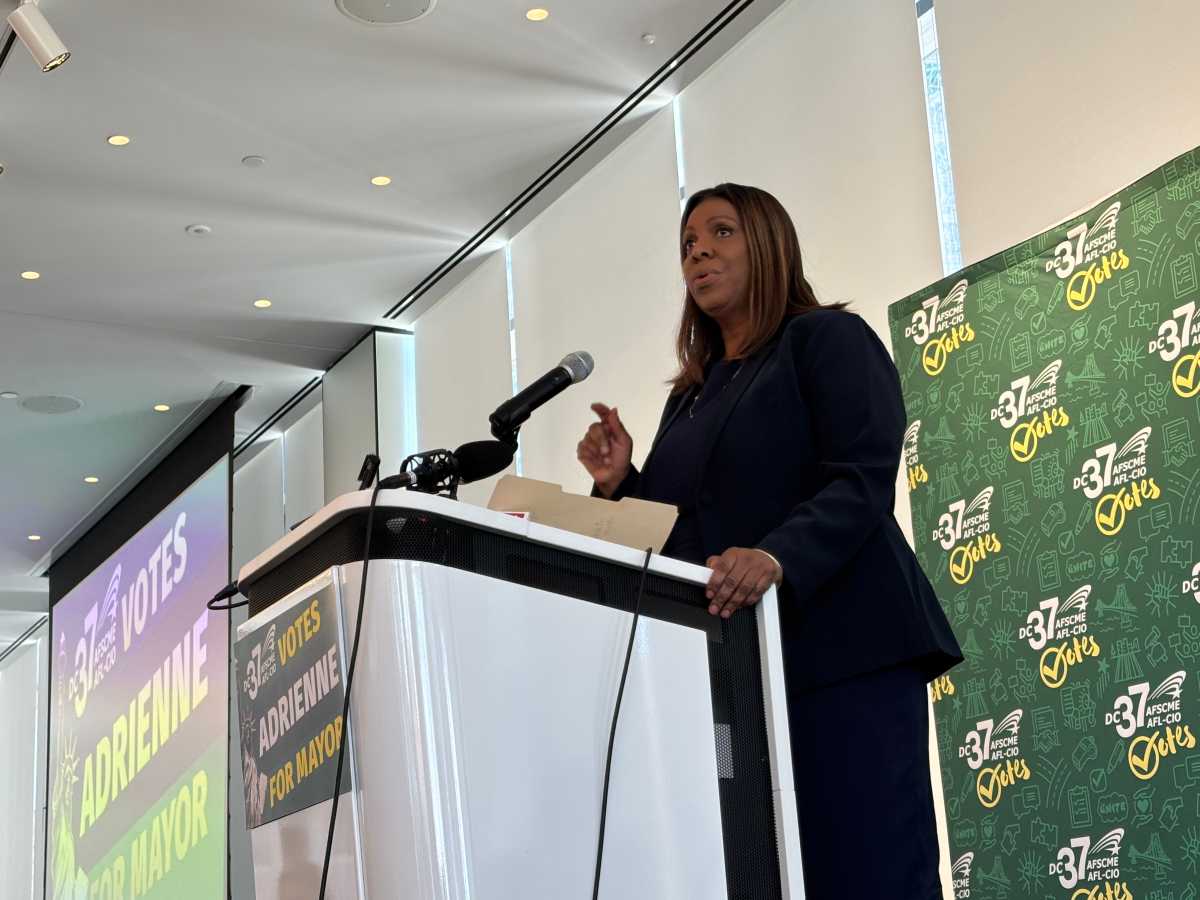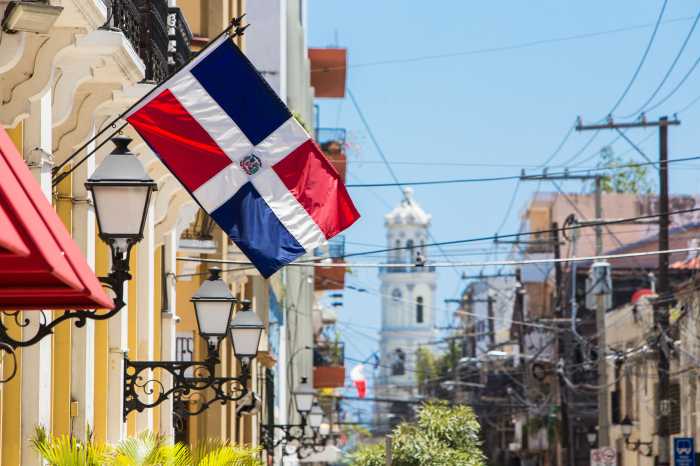Caribbean American Democratic Presidential candidate Kamala Harris on Tuesday said she was terminating her bid for the Democratic Party’s nominee in next year’s US Presidential Election.
Harris, 55, the daughter of a Jamaican father and Indian mother, who represents California in the US Senate, said was suspending her campaign because of lack of funding.
She described, in a statement, her decision to quit the race as “one of the hardest decisions of my life,” adding that her campaign “simply doesn’t have the financial resources we need to continue.
“I’m not a billionaire,” said Harris, a former attorney general of California and former San Francisco district attorney. “I can’t fund my own campaign. “And as the campaign has gone on, it’s become harder and harder to raise the money we need to compete.
“In good faith, I can’t tell you, my supporters and volunteers, that I have a path forward if I don’t believe I do,” continued Harris, who was elected to the US Senate in 2016. “So, to you my supporters, it is with deep regret — but also with deep gratitude — that I am suspending my campaign today.”
Harris’s departure from the Democratic Party’s nomination leaves 15 candidates still in the race, including former US Vice President Joe Biden, who is considered the front-runner.
In late July, Harris had joined with New York Congressman Jerrold Nadler, Chairman of the House Judiciary Committee, in introducing the Marijuana Opportunity Reinvestment and Expungement Act, considered to be one of the most comprehensive marijuana reform bills ever introduced in the US Congress.
“Times have changed; marijuana should not be a crime,” said Harris then. “We need to start regulating marijuana, and expunge marijuana convictions from the records of millions of Americans so they can get on with their lives.
“As marijuana becomes legal across the country, we must make sure everyone — especially communities of color that have been disproportionately impacted by the War on Drugs — has a real opportunity to participate in this growing industry,” Harris added. “I am thrilled to work with Chairman Nadler on this timely and important step toward racial and economic justice.”
Nadler said that, despite the legalization of marijuana in states across the US, “those with criminal convictions for marijuana still face second class citizenship.
“Their vote, access to education, employment, and housing are all negatively impacted,” he said. “Racially motivated enforcement of marijuana laws has disproportionally impacted communities of color.
“It’s past time to right this wrong nationwide and work to view marijuana use as an issue of personal choice and public health, not criminal behavior,” Nadler added.
“I’m proud to sponsor the Marijuana Opportunity Reinvestment and Expungement Act to decriminalize marijuana at the federal level, remove the needless burden of marijuana convictions on so many Americans, and invest in communities that have been disproportionately harmed by the war on drugs,” he continued.
Harris said the Marijuana Opportunity Reinvestment and Expungement Act aims to correct the historical injustices of failed drug policies that have disproportionately impacted communities of color and low-income communities by requiring resentencing and expungement of prior convictions.
She said this will create new opportunities for individuals as they work to advance their careers, education, and overall quality of life.
Harris said Caribbean and other immigrants will also benefit from the Marijuana Opportunity Reinvestment and Expungement Act, “as they will no longer be subject to deportation or citizenship denial based on even a minor marijuana offense.”
In addition, she said the Marijuana Opportunity Reinvestment and Expungement Act also ensures that all benefits in the law are available to juvenile offenders.
The Marijuana Opportunity Reinvestment and Expungement Act decriminalizes marijuana at the federal level by removing the substance from the Controlled Substances Act. This applies retroactively to prior and pending convictions, and enables states to set their own policy.
The act also requires US federal courts to expunge prior convictions, allows prior offenders to request expungement, and requires courts, on motion, to conduct re-sentencing hearings for those still under supervision.
Additionally, the act, among other things, authorizes the assessment of a 5 percent sales tax on marijuana and marijuana products to create an Opportunity Trust Fund, which includes three grant programs.
These grant programs are The Community Reinvestment Grant Program, The Cannabis Opportunity Grant Program and The Equitable Licensing Grant Program.
Harris said The Community Reinvestment Grant Program provides services to the individuals most adversely impacted by the War on Drugs, including job training, re-entry services, legal aid, literacy programs, youth recreation, mentoring and substance use treatment.
The Cannabis Opportunity Grant Program provides funds for loans to assist small businesses in the marijuana industry that are owned and controlled by socially and economically disadvantaged individuals, the presidential candidate said.
She said The Equitable Licensing Grant Program provides funds for programs that minimize barriers to marijuana licensing and employment for the individuals most adversely impacted by the War on Drugs.
In July, Harris was among over 20 Democratic candidates competing in a crowded field in the 2020 US presidential race.
If she had secured the Democratic Party’s nomination, she would have been the first Caribbean and African American woman to be a major party’s nominee.
In 1972, the late Shirley Anita Chisholm, née St. Hill, the daughter of a Barbadian mother and a Guyanese father, became the first Caribbean and African American candidate to seek nomination from a major US political party for President of the United States.
Chisholm, who was born on Nov. 30, 1924 and died on Jan. 1, 2005, was also the first woman to run for the Democratic Party’s presidential nomination, as well as the first woman to appear in a United States presidential debate.
In addition, in 1968, Chisholm became the first black woman elected to the United States Congress.
She represented New York’s 12th congressional district, in Brooklyn, for seven, two-year terms from 1969 to 1983.
New York Gov. Andrew Cuomo recently opened a new State Park in Brooklyn in honor of the late, fiery, trailblazing Chisholm.


